markc
TPF Noob!
- Joined
- Mar 8, 2004
- Messages
- 4,237
- Reaction score
- 6
- Location
- Rochester, NY Velocity: Unknown
- Website
- www.markcarpenter.com
- Can others edit my Photos
- Photos NOT OK to edit
Here's just a quick idea. My idea of a snapshot's "style" is generally expressed by:
- shot at eye level
- wide angle
- long DOF
- direct on-camera flash
- centered subject and horizon line
- horizontal
- cluttered background
If you want to take some steps to just get away from the snapshot look to start, choose some different options than these defaults that are so commonly used. You don't have to change them all, because sometimes they make sense to use, but try to make them conscious choices.
- shot at eye level
- wide angle
- long DOF
- direct on-camera flash
- centered subject and horizon line
- horizontal
- cluttered background
If you want to take some steps to just get away from the snapshot look to start, choose some different options than these defaults that are so commonly used. You don't have to change them all, because sometimes they make sense to use, but try to make them conscious choices.


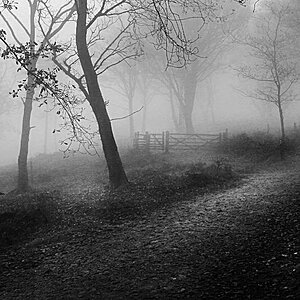

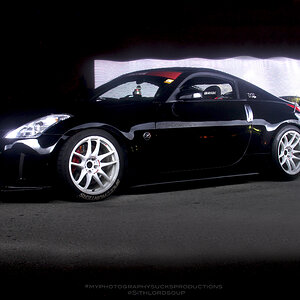
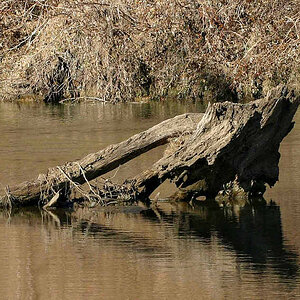
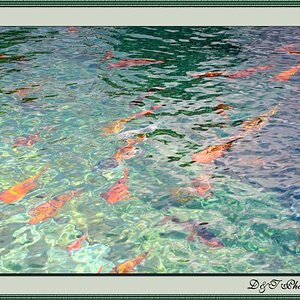

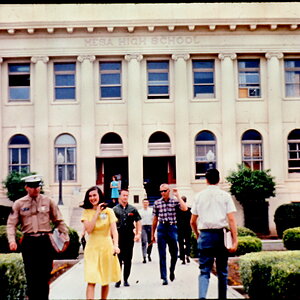
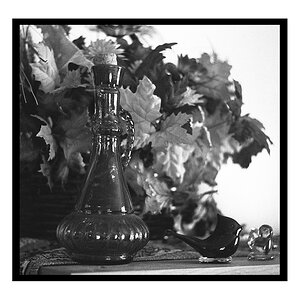

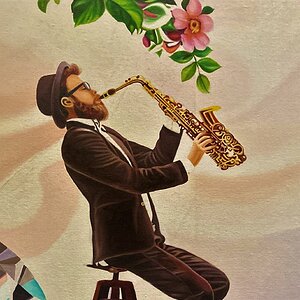
![[No title]](/data/xfmg/thumbnail/32/32634-5acd0e44e1d927b93e8723d9184555d9.jpg?1619735554)